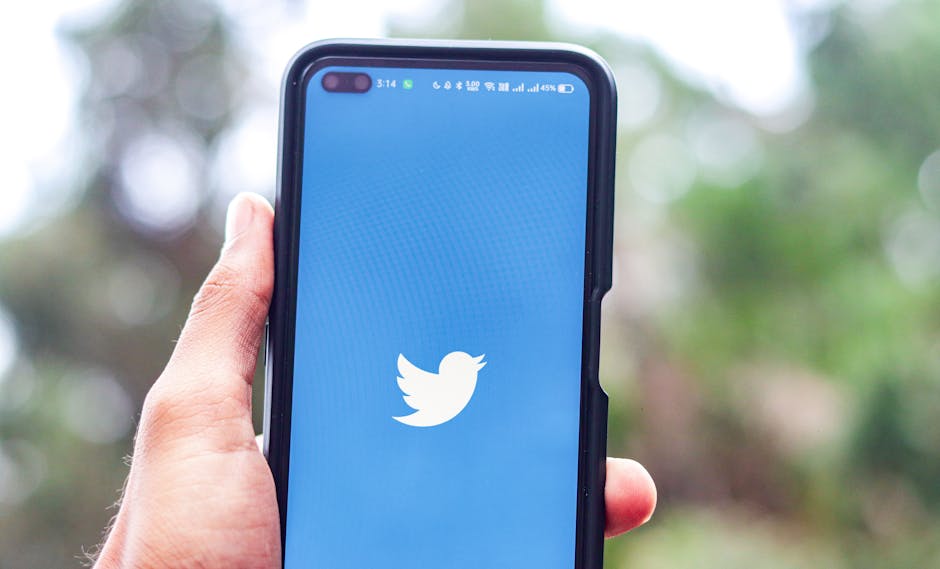The Impact of Social Media on Luxury Brand Perceptions

In a world where a single hashtag can elevate a brand to viral status, the impact of social media on luxury brands is undeniable. From Instagram to Twitter, luxury brands are finding their narratives rewritten by the digital age. Dive into how this shift is reshaping everything from brand prestige to consumer behavior.
The Evolution of Luxury Brands in the Digital Age
Once exclusive and elusive, luxury brands are now facing the democratizing force of social media. This digital shift mandates a new era of transparency and accessibility, challenging traditional notions of luxury. As these brands evolve, they carefully balance heritage with innovation, striving to maintain their esteemed status while becoming more visible and engaging online.
The digital age has ushered in a new paradigm where luxury is no longer confined to physical stores or select audiences. Websites, social media platforms, and e-commerce have made luxury brands accessible to a wider audience, raising questions about exclusivity and dilution of brand prestige. Yet, many brands have leveraged this exposure to amplify their legacy, showcasing craftsmanship and heritage through immersive digital narratives.
How Social Media is Reshaping Consumer Expectations of Luxury Brands
Social media is not just a channel for brands to showcase their products; it’s a platform for narrative and engagement. Consumers now expect a dialogue, with luxury brands needing to be more personable, relatable, and responsive. This two-way communication fosters stronger brand loyalty and allows luxury brands to gain deeper insights into their audience’s preferences.
In the realm of luxury, consumer expectations have shifted towards experiences that go beyond the physical product. Through social media, luxury brands are crafting stories that resonate on a personal level, illustrating their brand values, and engaging consumers with exclusive behind-the-scenes content, live events, and personalized interactions.
The Power of Influencers in the Luxury Brand Market
The endorsement of a luxury brand by influencers can significantly shape consumer perceptions and purchasing decisions. Influencers, with their curated lifestyles and aspirational content, bridge the gap between brands and consumers, offering a more relatable image of luxury.
However, the reliance on influencers comes with its challenges. Authenticity becomes crucial as consumers grow wary of paid partnerships. Luxury brands meticulously select influencers who align with their brand identity and values, aiming to create genuine endorsements that resonate with their audience.
Analyzing the Shift Towards Authenticity and Sustainability
In recent years, the discussion around luxury brands has increasingly included their sustainability practices and authenticity. Social media has played a pivotal role in highlighting these issues, encouraging brands to adopt more transparent and sustainable methods. This shift is not just about environmental responsibility but also about forging a genuine connection with consumers who value brands that stand for more than just luxury.
Consumers are now seeking brands that align with their personal beliefs and values, making authenticity a key factor in their purchasing decisions. Luxury brands are responding by highlighting their commitment to craftsmanship, sustainability, and ethical practices, turning these into core components of their brand identity.
Case Studies: Successes and Failures in Luxury Branding on Social Media
A study of successes in luxury brand social media emphasizes the importance of a tailored strategy that respects the brand’s essence while innovating. Brands that have managed to maintain a consistent voice across platforms, engaging with their audience in an authentic manner, and leveraging influencers judiciously stand out.
Conversely, the pitfalls of social media for luxury brands often involve a misalignment between the brand’s identity and its online presence, or a failure to adapt to the digital etiquette of social platforms, leading to a disconnect with the audience. Reflecting on these case studies provides invaluable insights for emerging luxury brands aiming for digital sophistication.
The Future of Luxury Brands in an Increasingly Digital World
As the digital landscape continues to evolve, luxury brands are poised at the brink of a new frontier. Innovation, agility, and an unwavering commitment to authenticity and sustainability will shape the future of luxury branding on social media. With the accelerated shift towards digital, brands that can seamlessly integrate technology with their storied heritage will redefine luxury for the next generation.
The increasing reliance on data analytics and artificial intelligence offers luxury brands unprecedented insights into consumer behavior and preferences, enabling personalized experiences that were once beyond reach. This technological advancement, coupled with a strategic approach to social media, will be pivotal in maintaining prestige and relevance in the digital age.
Navigating the Future
The interplay between social media and luxury brands has undeniably transformed the way these brands operate and engage with their audience. In this digital era, authenticity, sustainability, and influencers are not just trends but essential elements that craft a brand’s perception and, ultimately, its success. As luxury brands navigate the ever-evolving digital landscape, their ability to adapt and resonate with their audience on social platforms will continue to define their standing in the luxury market.




